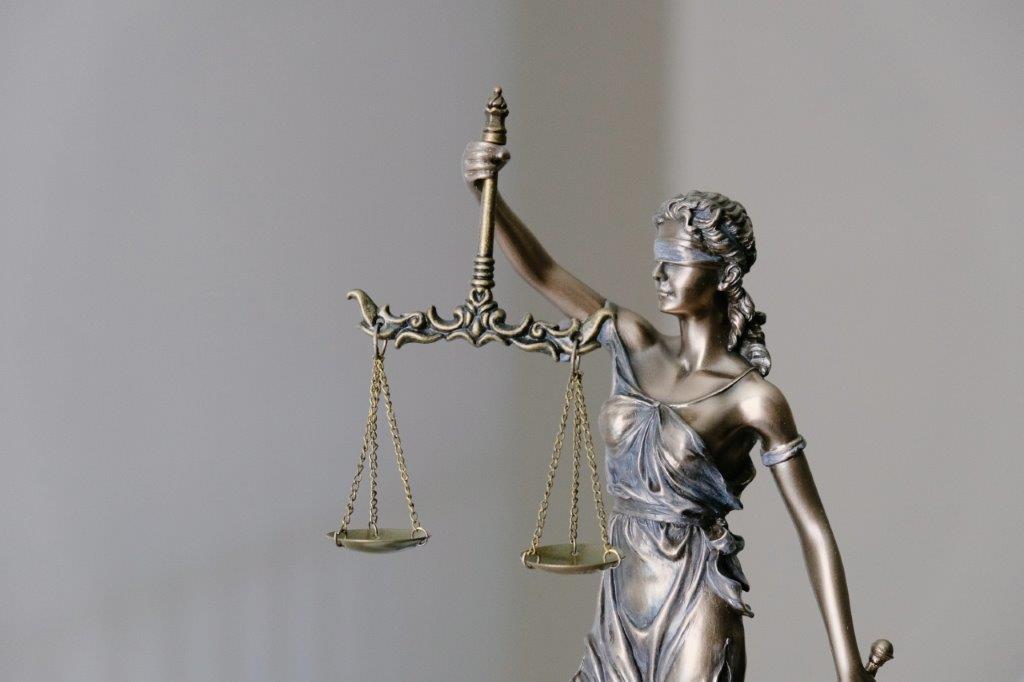In a recent BC Court of Appeal decision engaging significant access to justice and freedom of religion issues, CLAS was successful in defending our client’s rights.
Our client filed a human rights complaint against the Province of BC, specifically the Corrections Branch and Sheriffs Services. He had been charged with offences under the Criminal Code. When he was taken into custody by the Corrections Branch, his turban was confiscated. This prevented him from fulfilling a very important religious requirement.
The Province has never explained why this occurred or why it was apparently considered necessary. Our client was permitted to wear a makeshift headscarf during his lengthy stay in custody, but this was wholly unsatisfactory to meet his religious requirements. In addition, Sheriffs Services confiscated even this makeshift headscarf when our client needed to make appearances before the courts for his trial.
After a year and a half in custody, and without any charges against our client being proven, the Crown decided not to proceed any further with the criminal case, and our client was released. He then filed a human rights complaint against both Sheriffs Services and the Corrections Branch, claiming that his treatment in regards to his turban was discrimination contrary to the BC Human Rights Code
Our client did not have a lawyer, and English is not his first language, and, furthermore, notes he had kept of specific dates and details about these incidents were confiscated. In spite of all this, our client completed the human rights complaint form as best he could, to explain his complaint of religious discrimination.
The Province of BC applied to the BC Human Rights Tribunal to have the complaint dismissed, without a hearing. They argued that the complaint form submitted by Mr. Sanghera, even when supplemented with follow-up clarifications, was too vague to amount to a human rights complaint. With the help of the BC Human Rights Coalition, our client argued that the allegations in the complaint contained enough information to permit the Province to respond meaningfully. The Province’s application was largely dismissed by the Tribunal.
The crux of the case – that our client was forbidden from wearing his turban and forbidden even from wearing his makeshift headscarf when appearing in court – was to proceed to a hearing. However, the Province sought to overturn this Tribunal decision by applying for judicial review in BC Supreme Court. CLAS successfully represented our client in that matter, and the Province’s case was dismissed. The Province then appealed to the BC Court of Appeal, where CLAS was successful once more.
To date, no court or tribunal has addressed the heart of the human rights case, whether the Province’s treatment of our client in respect of his turban was discriminatory. We at CLAS believe that the human rights system must be able to address legal issues without an unreasonable standard being applied to how well a complainant states their case, especially since most complainants are self-represented and there is little funded legal assistance available to assist complainants with the drafting of complaints.
Again, our client’s first language is not English and he did not have the services of a lawyer or any other advocate to prepare his written complaint to the BC Human Rights Tribunal. There are any number of other barriers, such as illiteracy and disability, which others might face in order to even attempt a claim of discrimination.
In our view, the standard to meet for a complaint of discrimination to warrant processing by the Tribunal should be reasonably low enough to allow for true access to justice. Otherwise, those who must overcome communication barriers caused by language, disability, lack of legal knowledge, or otherwise, will be unable to defend their legal rights. Indeed, these are the very same people who are far more likely to face discrimination in the first place.

